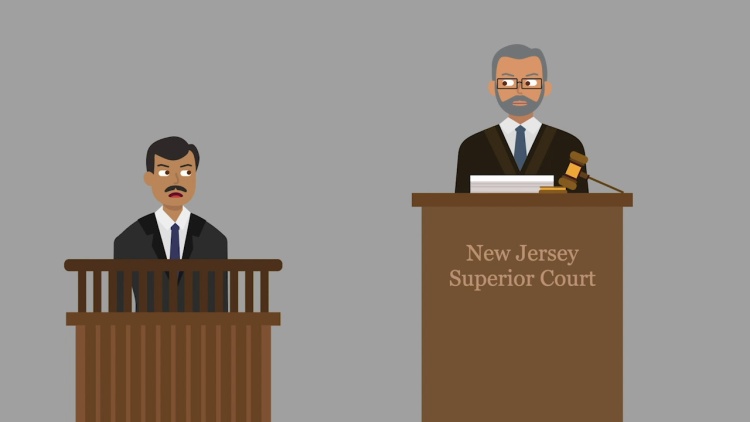Myrlak v. Port Authority of New York and New Jersey
New Jersey Supreme Court
157 N.J. 84, 723 A.2d 45 (1999)
- Written by Craig Conway, LLM
Facts
John Myrlak (plaintiff) was injured when his chair unexpectedly collapsed while he was at work for the Port Authority of New York and New Jersey (defendant). At the time of the incident, Myrlak had been sitting in the chair for nearly two hours when he heard a loud noise and the back of his chair cracked and gave way. Myrlak fell to the ground and injured his lower back. Myrlak filed a suit against his employer and Girsberger Industries (Girsberger) (defendant), the chair’s manufacturer asserting a claim of strict products liability and alleging that the chair was defective. At trial, Myrlak’s expert was not able to pinpoint the precise defect in the chair nor could he state with certainty that a defect caused Myrlak’s accident. At the close of the evidence, Myrlak’s counsel requested that the jury be charged on the doctrine of res ipsa loquitur regarding the manufacturing defect claim. The trial court denied the request. The jury found that Myrlak failed to establish that a defect existed in the chair. Myrlak appealed. The appellate court reversed and held that the trial court should have given Myrlak’s requested jury instruction. Girsberger filed a petition for certification with the Supreme Court of New Jersey asking whether res ipsa loquitur should apply to Myrlak’s strict liability claim.
Rule of Law
Issue
Holding and Reasoning (Coleman, J.)
What to do next…
Here's why 907,000 law students have relied on our case briefs:
- Written by law professors and practitioners, not other law students. 47,100 briefs, keyed to 996 casebooks. Top-notch customer support.
- The right amount of information, includes the facts, issues, rule of law, holding and reasoning, and any concurrences and dissents.
- Access in your classes, works on your mobile and tablet. Massive library of related video lessons and high quality multiple-choice questions.
- Easy to use, uniform format for every case brief. Written in plain English, not in legalese. Our briefs summarize and simplify; they don’t just repeat the court’s language.






